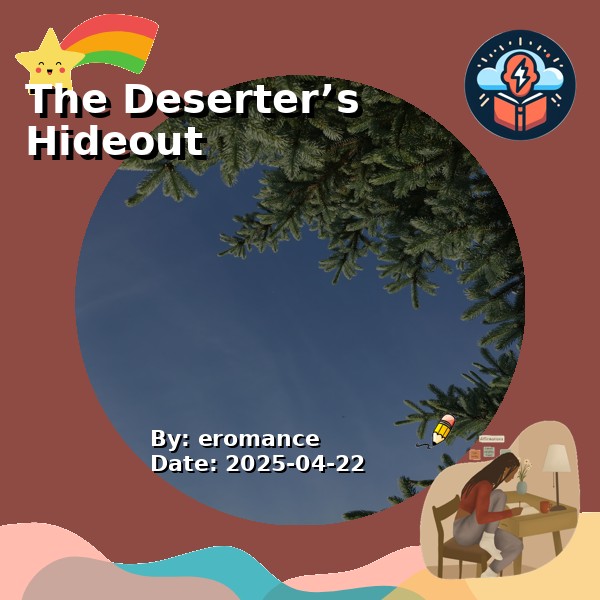In the Tennessee hills, 1863, Clara hid in a barn, her Union nurse’s apron stained with war’s grim toll. She’d fled the hospital, seeking a deserter named Eli, a Confederate scout whose letters—smuggled past picket lines—had set her heart ablaze. His words were whiskey, his promises a fever. Now, hay prickled her boots as she waited, the air thick with dust and desire.
The barn door creaked, and there he was—Eli, lean and weathered, his gray coat unbuttoned, eyes like a storm over Shiloh. “Clara,” he rasped, crossing the space in two strides. Her breath caught as his calloused hand grazed her cheek, his touch a spark to her kindling. “You shouldn’t be here,” he murmured, but his lips were already on hers, hungry, tasting of tobacco and defiance.
She pushed him against a beam, her fingers tearing at his shirt, buttons scattering like shot. His chest, scarred and warm, heaved under her touch. “Eli, I’m done waitin’,” she whispered, her voice a low drawl, her petticoat hiked as she pressed herself closer. His hands roamed her corset, unlacing it with a soldier’s urgency, her skin flushing under his rough palms.
Hay rustled as they sank to the floor, her skirts a tangle, his belt clinking free. The world—war, duty, divided flags—melted in the heat of their bodies, her gasps mingling with his growls. Moonlight spilled through slats, painting their sin in silver. “Clara,” he groaned, her name a prayer, as she arched against him, their rhythm a rebellion.
A distant cannon rumbled, and Eli froze, eyes darting. Clara pulled him back, nails digging. “Let ‘em march,” she hissed, claiming him again. War could wait; this fire wouldn’t.
